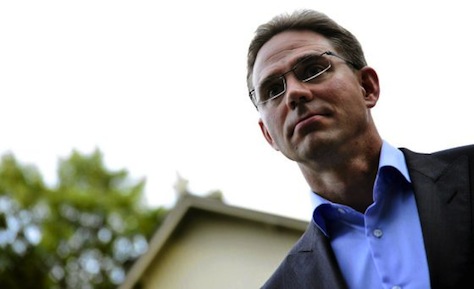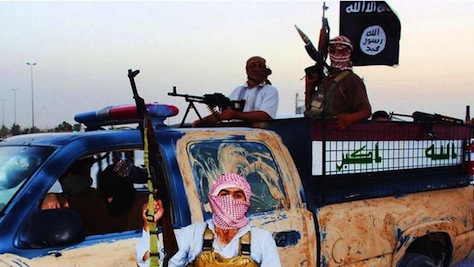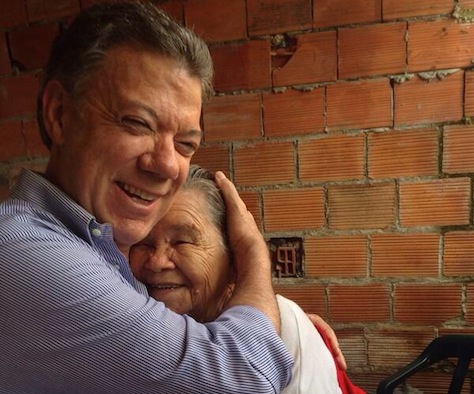Just three years after taking power as Finland’s prime minister, Jykri Katainen is set to step down both as leader of Finland’s center-right Kansallinen Kokoomus (National Coalition Party) and as prime minister later this month, following the Saturday leadership election of Alexander Stubb as the party’s new leader. ![]()
Though Katainen (pictured above) is just 42 years old, he’s been at the helm of the National Coalition Party for a decade. Katainen stunned Finland in April when he announced he was resigning, with an eye toward pursuing a top job in the European Union. At the time, everyone assumed he was angling to become Finland’s next commissioner within the European Union, replacing Olli Rehn, the influential vice president of the Commission and, since 2010, the commissioner for economic and monetary affairs.
Rehn previously served from 2004 to 2010 as commissioner for enlargement, and he was recently elected to the European Parliament as a member of Finland’s liberal Suomen Keskusta (Centre Party).
But as the wrangling continues among Europe’s leaders over whether former Luxembourgish prime minister Jean-Claude Juncker should become the next president of the Commission, Katainen has tried to position himself as an attractive alternative.
* * * * *
RELATED: The mother-of-all-battles over European integration has begun
* * * * *
Juncker seems likely to command an absolute majority of the European Parliament, but there’s no sure bet that he’ll win the qualified majority within the European Council that he’ll need to win the Commission presidency. Juncker, led the pan-European campaign of the European People’s Party (EPP) in the May parliamentary elections, which won the largest number of seats in the 751-member legislature.
Enter Katainen, who’s guided a tenuous six-party (now five-party) coalition in Finland for the past three years, pushing through tough budget cuts, like so many other European governments over the last half-decade, in the face of economic recession. Before his National Coalition Party won the April 2011 national elections, Katainen previously served as finance minister and deputy prime minister, so he would bring to the job — or to any other top EU position — the experiences from governing through the eurozone sovereign debt crisis. Continue reading Katainen hopes to trade Finland’s premiership for EU presidency


